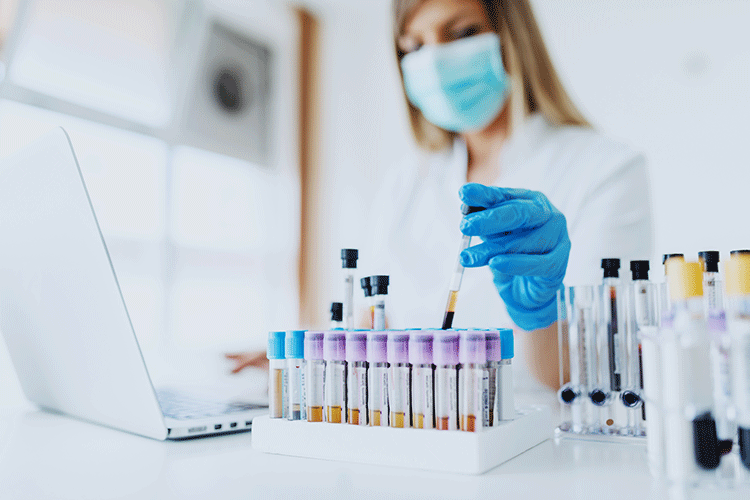The burning question of the day is: why do colonoscopies work? The second most prevalent type of cancer death in Americans is colorectal cancer (CRC). Colonoscopies, the gold-standard screening procedure, are carried out on about 15 million Americans each year. In 2021, the US Preventive Services Task Force decreased the advised screening age from 50 to 45. This was due to the increased prevalence of CRC in younger persons. Screening may begin much earlier than age 45 for some people. Such as those with a family history of early-onset CRC or conditions like inflammatory bowel disease.
According to earlier studies, colonoscopy can reduce the chance of developing colorectal cancer by up to 88%. And also reduce the chance of new cases of the disease by as much as 69%.
So it surprised many when news headlines characterized results from a recent randomized trial on colonoscopy as unsatisfactory. This included those professionals like us who carefully read the study.
Why do colonoscopies work? — The best method for detecting colorectal cancer?
A long flexible tube with a camera at one end is inserted into the rectum during a colonoscopy, as is well known. While guiding the tube through the colon, a very skilled gastroenterologist or surgeon checks for polyps and other abnormalities, such as early malignancies. Adenomas, which are potentially precancerous polyps, are not only detectable by colonoscopy but can also be surgically removed.
Flexible sigmoidoscopy, a comparable (though less thorough) screening procedure, looks primarily at the lower colon and has the potential to overlook malignancies deeper inside the colon, which typically has a worse prognosis.
Other CRC screening tests are unable to find or eradicate polyps. They check the stool for blood or unusual DNA that could indicate a polyp or cancer. This includes Cologuard, which detects blood and aberrant DNA, as well as fecal occult blood tests, and fecal immunochemical tests, which detect blood.
The colonoscopy is the method of choice because of these important factors.


